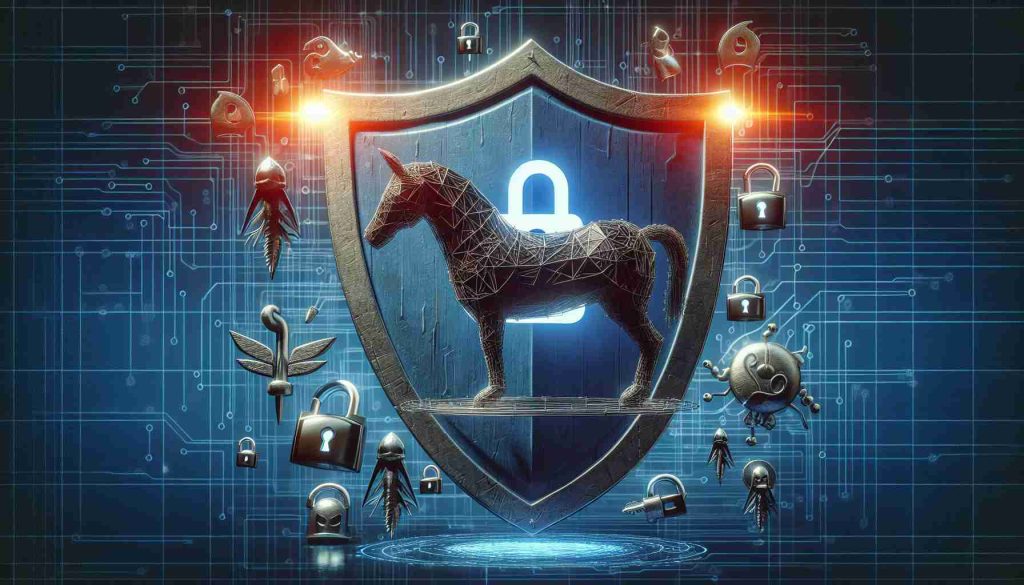Microsoft has recently implemented a new policy in China, requiring all employees to switch from using Android smartphones for work to using Apple iPhones. This decision aims to strengthen cybersecurity measures within the company by discontinuing the use of Android devices, including those from popular brands like Xiaomi, Huawei, OnePlus, and Oppo.
The transition, set to commence in September, involves Chinese employees exclusively using iPhones for work-related tasks. This move effectively severs the connection between Android devices and the workplace, as indicated in an internal memo reviewed by Bloomberg.
The internal memo reveals that employees must utilize Apple devices for verifying their identity when logging into company resources. This step forms part of Microsoft’s efforts to bolster product and service security against cyber threats, especially given the challenges of Android devices not being able to access Google’s mobile services in China.
The company’s decision to restrict access to company resources via Android devices stems from their incapability to connect to Google’s mobile services in China, where Google Play is inaccessible. Consequently, Chinese employees are now required to rely on Apple’s App Store as the sole platform for downloading essential security applications.
Furthermore, employees currently using Android devices will receive an iPhone 15 for work purposes, with distribution taking place nationwide, including Hong Kong.
In response to inquiries, a Microsoft spokesperson highlighted the availability of Microsoft Authenticator and Identity Pass applications on both the Apple Store and Google Play Store. The spokesperson emphasized the need to provide employees in mainland China with access to these vital applications through iOS devices, considering the limitations on Google’s mobile services in the region.
Microsoft’s iPhone Mandate in China for Enhanced Cybersecurity: What You Need to Know
Amid the recent announcement of Microsoft’s requirement for its employees in China to transition from Android to Apple iPhones for work-related tasks, several key questions and considerations arise regarding this cybersecurity-focused policy.
Key Questions:
1. Why has Microsoft chosen to mandate the use of iPhones specifically for its employees in China?
– Microsoft’s decision to enforce the use of iPhones stems from the challenges associated with Android devices not being able to access Google’s mobile services in China, thus posing potential cybersecurity vulnerabilities.
2. How will the transition to iPhones impact daily operations and productivity for Microsoft employees in China?
– Employees will need to adapt to using Apple devices for work-related tasks, which may involve a learning curve and adjustments to existing workflows.
Key Challenges and Controversies:
1. Data Privacy Concerns:
– While using iPhones may enhance cybersecurity, some employees may raise concerns regarding data privacy implications associated with using a device from a specific manufacturer.
2. Employee Resistance:
– The mandate to switch to iPhones may be met with resistance from employees who are accustomed to using Android devices or prefer other smartphone brands.
Advantages and Disadvantages:
Advantages:
– Enhanced Cybersecurity: By standardizing on iPhones, Microsoft can potentially improve security measures and reduce the risk of cyber threats.
– Unified Security Platform: Using Apple devices can streamline security protocols and provide a consistent user experience across the organization.
Disadvantages:
– Transition Challenges: The switch to iPhones may pose initial challenges for employees and require additional training or support.
– Device Limitations: While iPhones offer robust security features, they may have limitations compared to Android devices in certain areas.
For more information on cybersecurity practices and industry updates, you can visit the Microsoft website for relevant insights and resources on safeguarding digital assets.


















